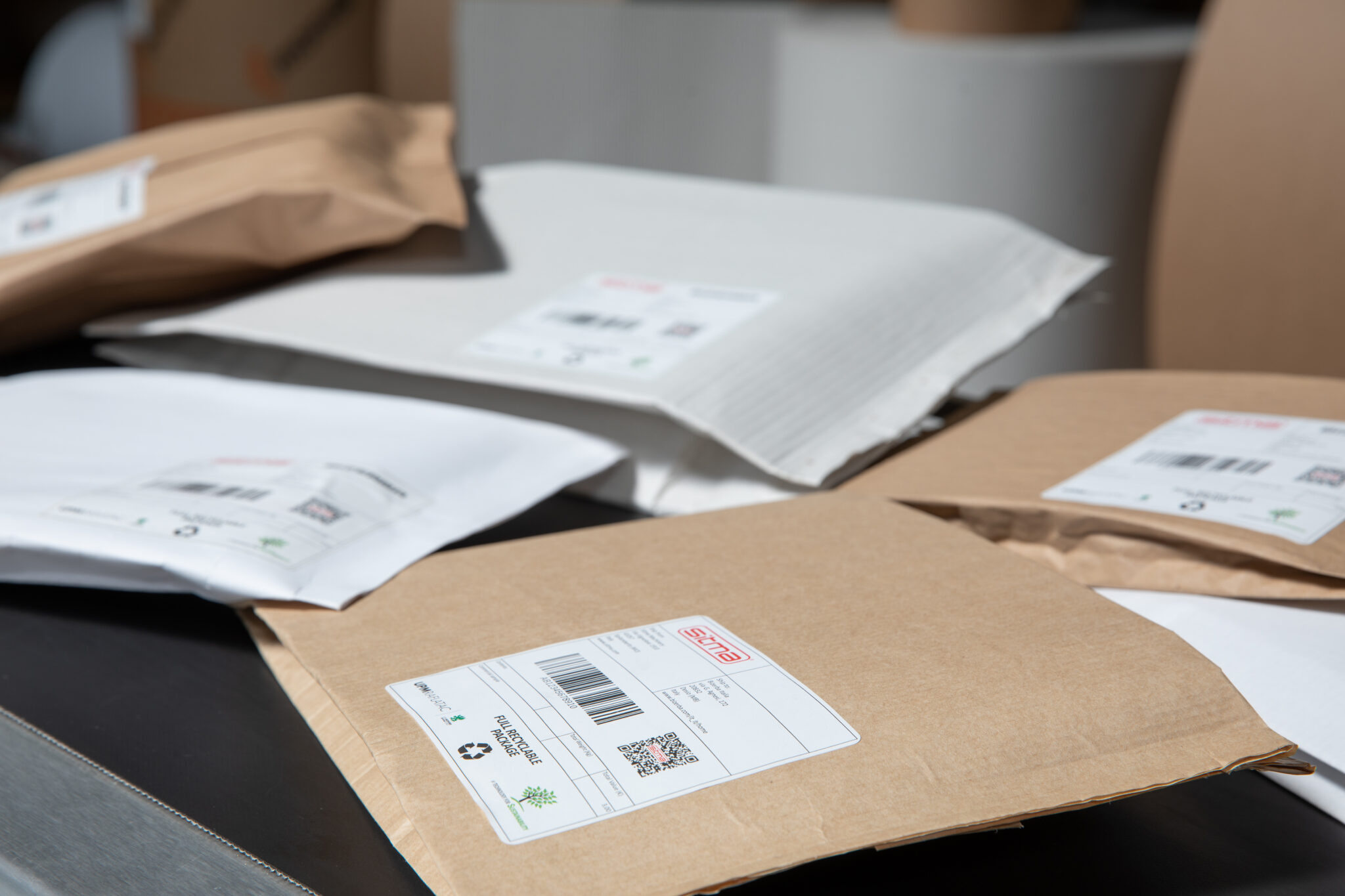PortXchange Products B.V., the Netherlands-based digital solutions provider for predictable and sustainable shipping, is joining The Climate Pledge, an initiative co-founded by Amazon and Global Optimism, which calls on companies and organisations to be net zero carbon across their businesses by 2040, 10 years ahead of the Paris Agreement.
The maritime transport industry is responsible for around 3% of anthropogenic greenhouse gases (GHG) emitted globally, releasing around 1,076 million tons of CO2 into our atmosphere every year. Therefore, the entire shipping logistics chain has a significant impact on the planet, which is only increasing as our consumption patterns continue to grow.
Sjoerd de Jager, Managing Director at PortXchange, said: “Joining the Climate Pledge was a logical extension to what we do, as we really believe we can turn the climate crisis into climate action. As the first shipping technology company to join the pledge, we aim to take a leadership role by promoting digitalisation and decarbonisation amongst our shipping partners, such as port authorities and the cities they serve. We want to inspire a movement of shipping businesses looking to do the same.”
As part of the Climate Pledge, PortXchange commits itself to:
- Measure and report GHG emissions on a regular basis
- Implement decarbonisation strategies in line with the Paris Agreement through real business changes and innovations, including efficiency improvements, renewable energy, materials reductions and other carbon emission elimination strategies
- Neutralise any remaining emissions with additional, quantifiable, real, permanent, and socially-beneficial offsets to achieve net zero annual carbon emissions by 2040
PortXchange has already acted on all three commitments:
- Preparing an annual footprint analysis
- Implementing a travel policy where employees attend online international meetings and conferences as much as possible
- Implementing Travelperk, a business travel platform, which features Greenperk that advises on the most environmentally friendly travel mode and lets your company offset 100% of the carbon emissions generated during business travel automatically through its platform on a per-trip basis. For office commuting, PXP subsidises the use of public transport for those who cannot commute by bicycle
PortXchange’s main aim is to support its customers to reduce emissions and improve operational efficiency by developing digital tools that can be scaled across ports globally.
Last year, the Company made a public commitment to the environment by building digital solutions that support a reduction in the shipping industry’s carbon footprint.
Through the company’s application, there is an emissions tab which shows users the amount of GHG emissions saved by using PortXchange’s platform as well as guidance on how to reduce CO2 and NOx levels by having vessels arrive at the port just-in-time. The Company, together with Netherlands-based research organisation TNO, is also developing an algorithm to measure and monitor CO2 emissions for ships on passage towards the port and at anchorage, which adds value to port authorities in their pursuit to reduce emissions in the ports and the cities they are part of.











